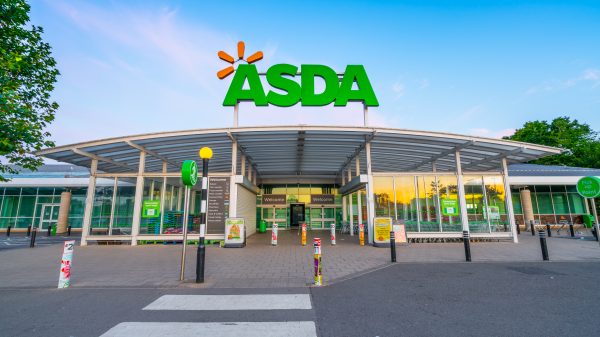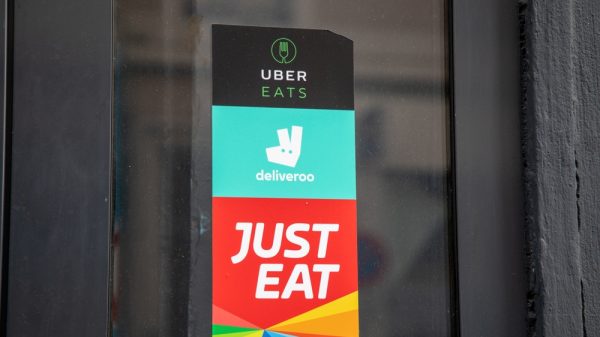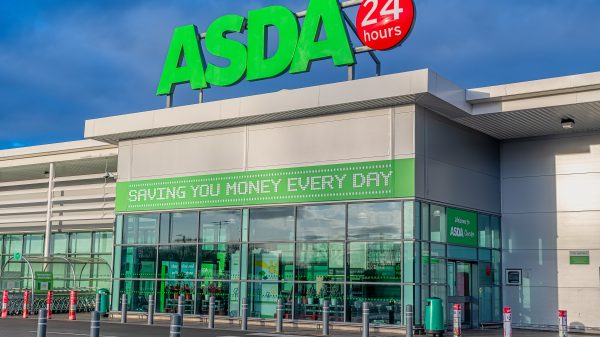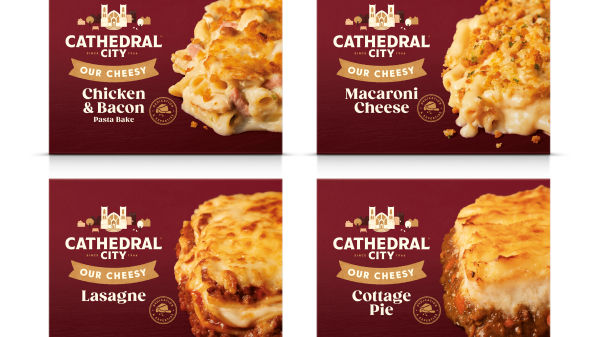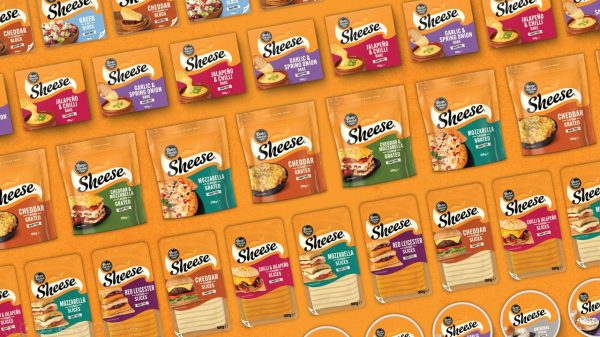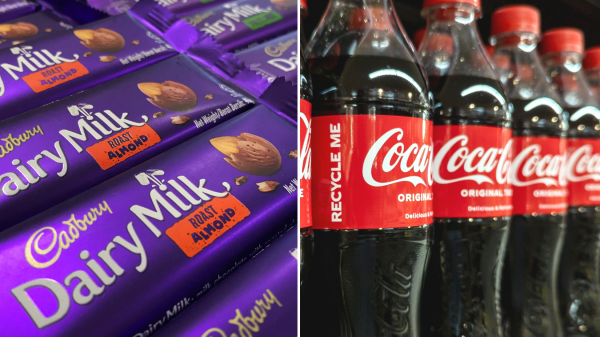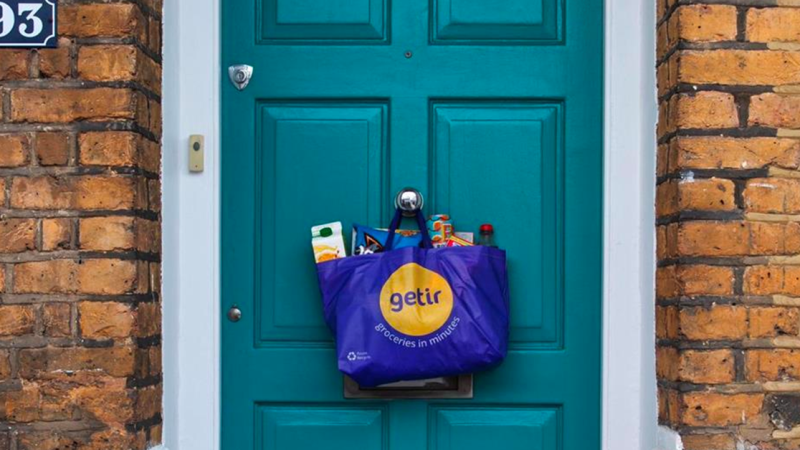As the ongoing cost-of-living crisis continues to impact customer spending, it is no surprise retailers have been battling to undercut each other in a bid to maintain – or even grow – their market shares.
With a razor-sharp focus on value from the ground up, Aldi has consistently been named the cheapest supermarket throughout the year.
According to managing director, Julie Ashfield, that is because Aldi is: “committed to providing customers with the very best quality at prices that don’t break the bank. The upcoming months remain uncertain for so many across the UK, and we want to help make this difficult time a little easier for our valued customers.”
From price rises across the board to new value ranges appearing instore, we look back at what’s been happening in the supermarket aisles over the past 12 months.
Investment in value
In summer, Big 4 grocer Asda came under fire for its bright yellow Just Essentials rebrand, which some claimed acts as a ‘poverty marker’, drawing unwanted attention to those buying the cheaper products.
The budget grocery range, which replaced Smart Price, hit shelves back in May, with the supermarket claiming it would help families to deal with the ongoing cost-of-living crisis.
The range offered 300 products ranging from joints of beef to fresh fruit and vegetables.
However, Asda was not the only supermarket to focus on its value ranges, with M&S also cutting prices across its Remarksable value range with a focus on everyday staples.
This comes as back in January, frozen food retailer Iceland, pledged to freeze the price on its £1 value range in a bid to help ease the pressure of rising living costs.
At the time, Iceland managing director Richard Walker said: “We know that our customers will be feeling the pinch as inflation surges and it is our priority to mitigate it as much as we can, and continuing to commit to everyday low prices across our ranges.”
January also saw symbol group retailer the Co-op’s extending its Honest Value range across all Nisa stores in the UK.
However, most recently, Asda restored the number of SKUs to 21,810, an 11.9% year-on-year increase, despite removing 2,570 lines earlier this year.
In October, Grocery Gazette reported that supermarkets including Big 4 rivals Tesco and Sainsbury’s were under pressure over their Aldi Price Match schemes as inflation continues to rise.
Loyalty scheme changes
Earlier this year, Big 4 grocer Tesco warned customers of major changes to its Clubcard scheme, resulting in customers getting less for their money. However, despite this, just a month ago the same scheme was named the best reward scheme beating the likes of rivals Sainsbury’s, Asda, Morrisons, Lidl, Waitrose, M&S, Co-op and Iceland.
Rival Asda announced in August that it was launching a Rewards programme. At the time senior director for loyalty Mark Baxter said: “We’re incredibly excited to be able to give all our customers access to Asda Rewards across the UK so they can start to earn rewards and build their cashpot.”
“We know that times are tough for families right now, so it’s great to be able to reward them for simply shopping with us.”
FMCG price rises
One of the biggest scandals of the year took place in June when FMCG giant Heinz stripped its products off Tesco’s shelves over price increases.
As a result, customers at the Big 4 grocer faced shortages of baked beans, BBQ sauce, salad cream and other products.
At the time, Heinz said that although commodity and production costs were rising, it was “working closely with Tesco” and remained “confident of a positive resolution” to the supply chain conflict.
However, Heinz was not the only FMCG giant which spiked its prices to deal with the cost-of-living crisis.
In April, Nestlé warned that more price rises could be on the horizon due to rising inflation. The chocolate manufacturer was also joined by FMCG giant Unilever, which hinted at customers back in February that further price rises may be on the cards.
Another chocolate manufacturer, Cadbury’s also decided to raise its prices to protect its margins from increased costs stemmed from transport, ingredients and labor.
In July, Premier Foods, the parent company of Mr Kipling and Oxo also announced it was raising its product prices to mitigate the impact of higher costs.

